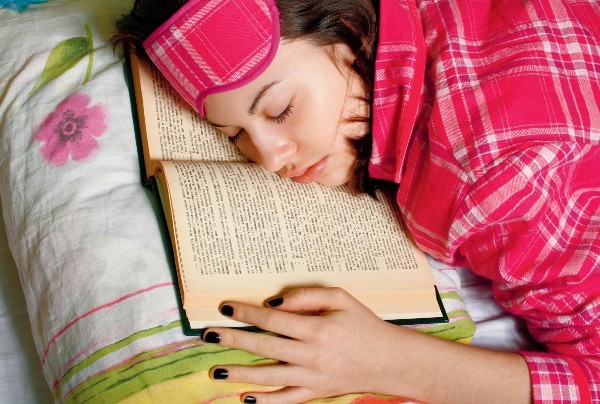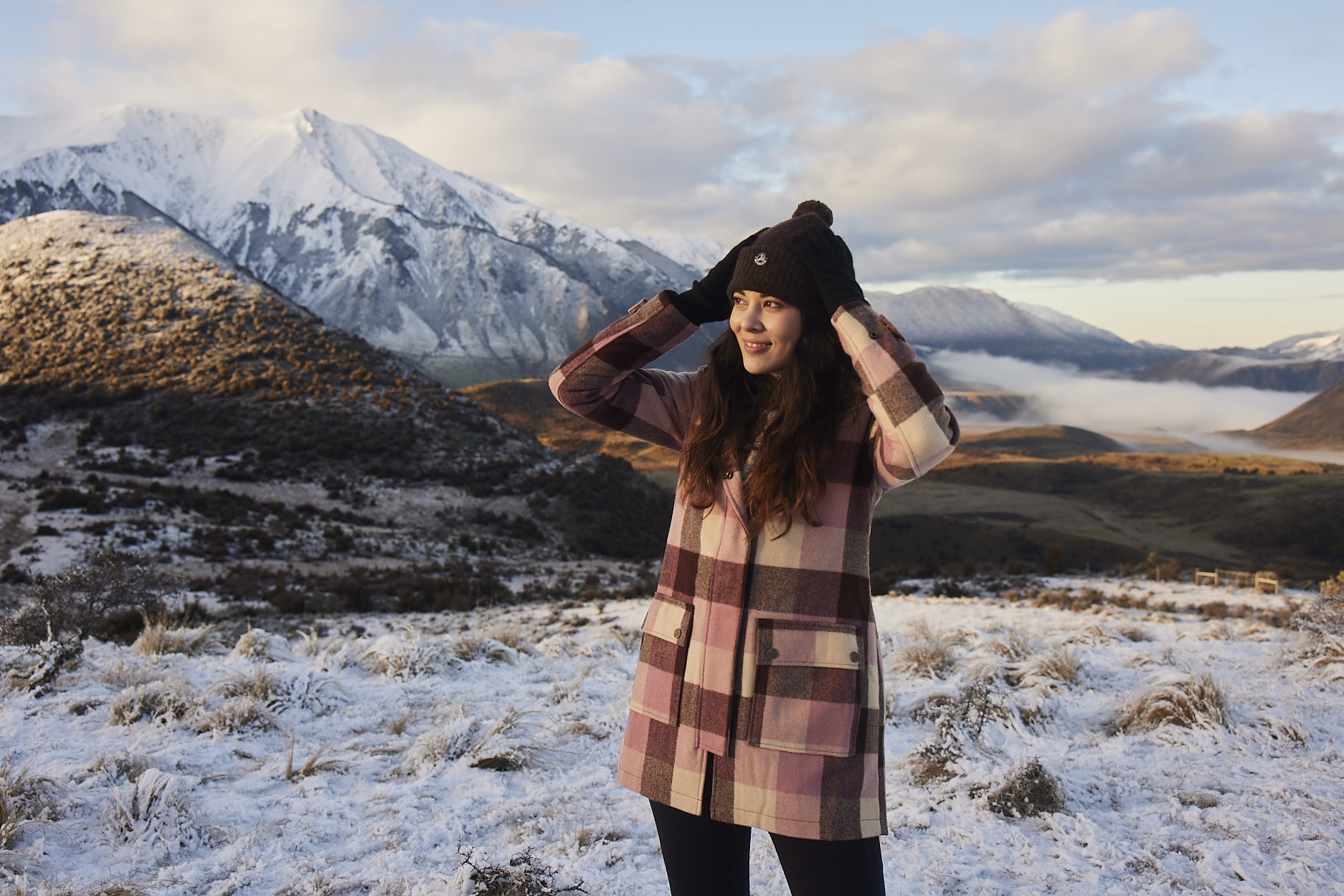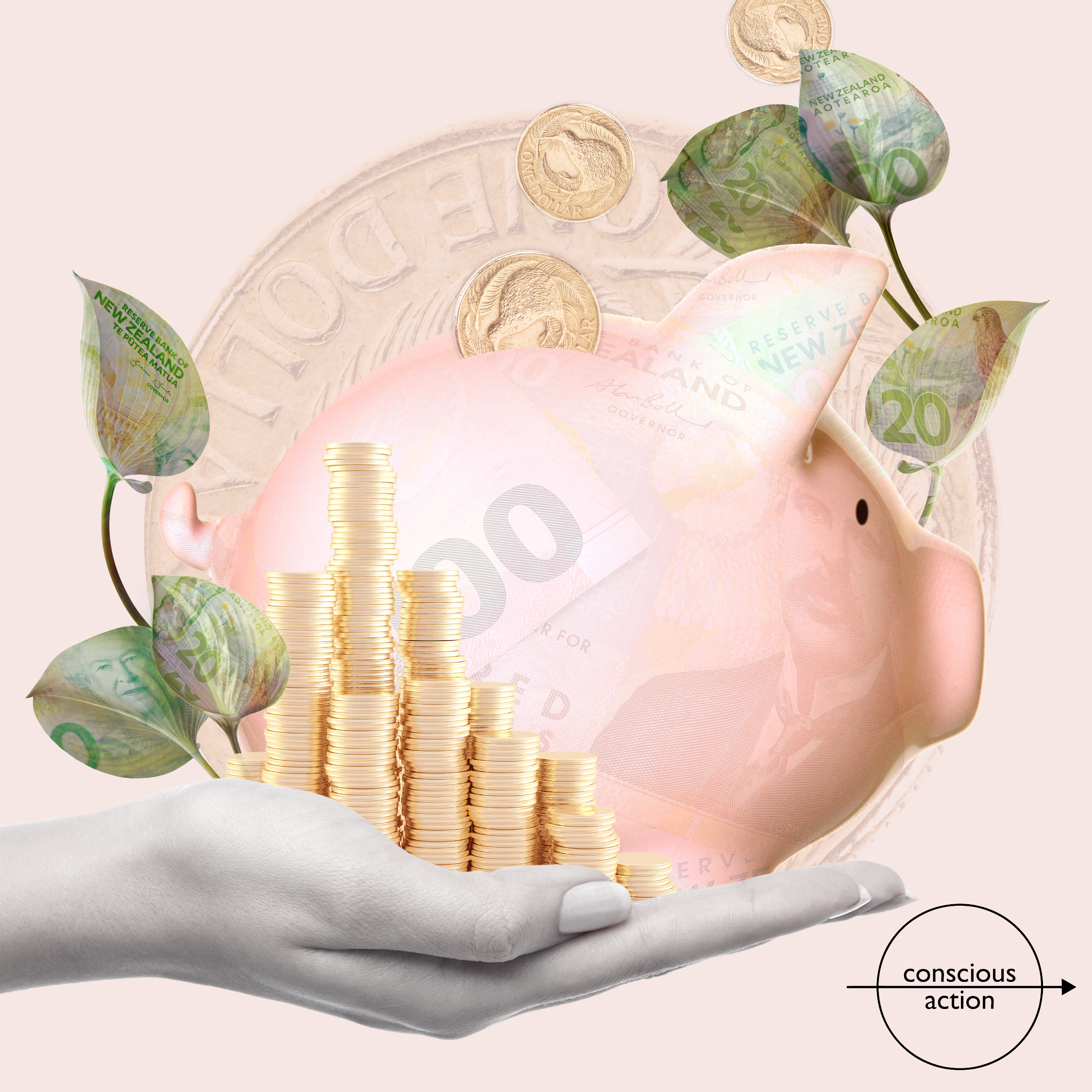It’s called beauty sleep for a reason – but for a growing number of people, a decent night’s rest is no more than an elusive dream.
It’s called beauty sleep for a reason – but for a growing number of people, a decent night’s rest is no more than an elusive dream. Lynda Brendish investigates
Reading is a much better wind-down activity than watching the flickering light of the telly. Still can’t nod off? Try reading a Russian novel – in Russian.
Sleep: a good night of it might just be the most effective general health and beauty treatment available, even more effective than most of the curative pills and creams stacked up in the bathroom cupboard. But too many of us are missing out on this natural elixir. Karyn O’Keeffe, a research fellow at Massey University’s Sleep/Wake Research Centre, estimates that as many as one-quarter of all New Zealanders suffer from chronic sleep disorders, with insomnia accounting for around one-third to one-half that amount.
Though it might not feel like there’s much going on after your head hits the pillow, in fact there are complex processes that begin almost the minute the lights go out. Serotonin, which helps keep us awake, begins decreasing in lower light levels while the hormone that tells our body when to sleep, melatonin, increases in the dark. Getting enough sleep increases cognitive function and memory, aids our ability to mentally and emotionally comprehend the world around us, combats depression, boosts our immune system and also assists in wound healing. Thanks to collagen-stimulating hormone production, sleep even helps keep our skin looking younger.
Sleep that knits up the ravelled sleave of care The death of each day’s life, sore labour’s bath Balm of hurt minds, great nature’s second course, Chief nourisher in life’s feast.
–William Shakespeare, Macbeth
Conversely, a lack of quality sleep can lead to much more than mismatched socks in the morning. It can result in impaired memory, learning and emotional processing, while chronic insomnia can increase the risk of developing heart disease, diabetes, depression, anxiety and possibly even cancer.
Sleep medicine is a relatively new field, the bulk of research having been accumulated over the last 50 years. The effects of insomnia are also not well understood. We know what happens when a person doesn’t get enough sleep – and the effects can be quite far-reaching – but pinpointing specific causes is more difficult because of individual combinations of behavioural, psychological and physiological factors.
Sleep treatments usually start with a focus on the behavioural. In his book Healing Night, integrative sleep medicine expert Dr Rubin Naiman takes a holistic approach to insomnia but focuses within that on the concepts of ‘light at night’ and evening rituals. Naiman points out that since Edison’s development of a practical electric light, humans have collectively kept darkness at bay, but in doing so we’ve deprived ourselves of a natural winding down period that in pre-industrial times would have coincided with dusk. We have also discarded relaxing evening rituals in favour of continued stimulation from television, computers, rich food and alcohol. Naiman’s approach is to create a new evening ritual – perhaps taking a bath, engaging in meditation, reading a book or whatever works for you – combined with a dimming of the lights an hour or half-hour before bedtime. It’s an approach that has support from Karyn: “Making sure you have a really good, quiet wind-down routine that you find relaxing can be quite helpful.”
4tips for healthier evening routines
1. Dim the household lights, perhaps even cutting out unnecessary light altogether, starting around one hour before bedtime.
2. Fill out a night-time journal before bed, including in it things you need to ‘let go’ of in order to have a clear head when it comes time for shut-eye.
3. Take a warm bath or wind down through gentle yoga or meditation to help relax your body and mind.
4. Calm anxiety using the ‘4-7-8’ breathing technique. Slowly breathe in for four counts, hold your breath for seven, then breathe out for eight counts. Repeat this four times.
Source: Dr Rubin Naiman, Healing Night
A good old nana nap can also be beneficial, whatever your age. Naturopath Eric Bakker calls a mid-afternoon nap a “defrag of the mind”. He suggests a quick nap to increase cortisol levels and help combat sleep issues later in the night. Karyn says short naps are great in 20- to 30-minute blocks. “The key really is to make sure you do it around three in the afternoon, where that lull is and you’ve got to get a chocolate bar. Around that time is when we’re feeling sleepy anyway and it doesn’t impact so much on our sleep at night.”
Often though, it’s anxiety keeping us awake or, for late-night wakers, not keeping us asleep. Our racing minds dwell on everything from the day’s dilemmas to the fact that we aren’t sleeping. The cruel irony for insomniacs is that anxiety about insomnia only makes the insomnia worse. Rubin’s term for what he describes as an “involuntary pattern of intrusive and incessant thinking” is ‘cognitive popcorn’.
Rubin says cognitive popcorn can often be a signal of deeper, unprocessed anxieties. Instead of acknowledging the arrival of insomnia with frustration, Karyn suggests getting up to clear your head while maintaining a dimly-lit environment. Resist the temptation to reach for the bright lights of a computer or television, both of which will decrease melatonin and keep you awake longer. Alternatively, try noting down the things that are bothering you to be dealt with the next day and simultaneously allowing your mind to quiet. Talking to someone you trust about your worries and getting some support are the first steps in treating chronic anxiety-based insomnia.
There are many external and physiological factors which can contribute to general sleeplessness – but these can be easily identified and controlled if we put our minds to it. Caffeine in the afternoon, rich foods and alcohol in the evening and an overall lack of exercise can contribute to sleep issues but can easily be addressed, and even loudly snoring partners can be eliminated … just kidding. (Though they can, in extreme cases, be moved to a spare room for a time.)
Sleeping pills might seem like an easy fix – but they’re best avoided, especially for those with long-term sleep issues. Commonly prescribed drugs include benzodiazepines, which suppress the deep sleep REM (rapid eye movement) phase of sleep, and consequently also inhibit dreaming, while nonbenzodiazepines carry an increased risk of depression. Taking either type of medication for extended periods is chancing addiction and neither improves actual sleep quality.
The good news is that not every case of late-night restlessness or early-morning wakefulness is a sign of insomnia. It is completely normal to experience frequent short periods of wakefulness throughout the night, and even longer periods are no cause for worry if they don’t interfere with daytime functioning. “We often think that for a perfect sleep, we have to conk out and not wake up until the morning,” says Karyn. “What our sleep researchers know is that … most people wake up during the night, roll over and go back to sleep again.” On the other hand, if you’re awake for long periods of time night after night, and you feel worse for wear the following day, it’s probably time to see a sleep specialist.
Daylight slaves
• We owe our daylight savings to Benjamin Franklin, who apparently thought it would save candles and famously proclaimed, ‘Early to bed, early to rise, makes a man, healthy, wealthy and wise’. We may not share the sentiments on Monday morning after the clocks go forward.
• Daylight savings should be easy to remember in New Zealand – it’s the last Sunday in September and the first Sunday in April. Daylight savings boosts productivity and makes the most of the daylight hours – think of those glorious long summer evenings. But it’s not without its critics. One Michigan State University study found that on Mondays directly following the daylight savings switch, workers sustain more workplace injuries and injuries of greater severity.
• For more on the potential impact of daylight savings on our sleep, go to good.net.nz/daylight





